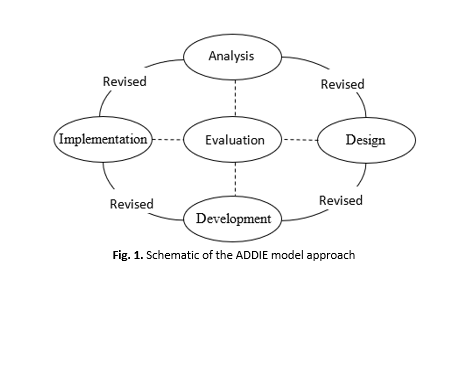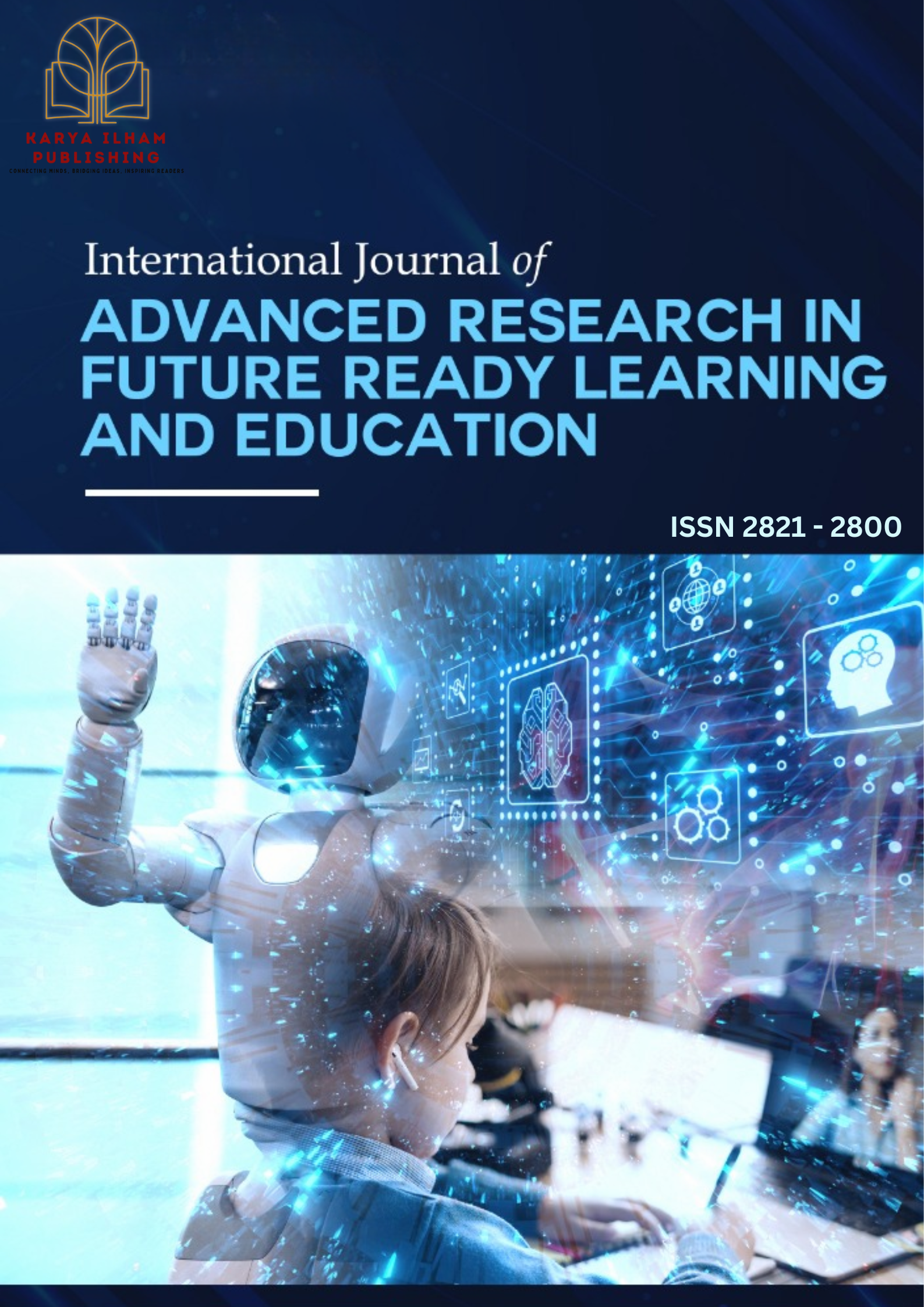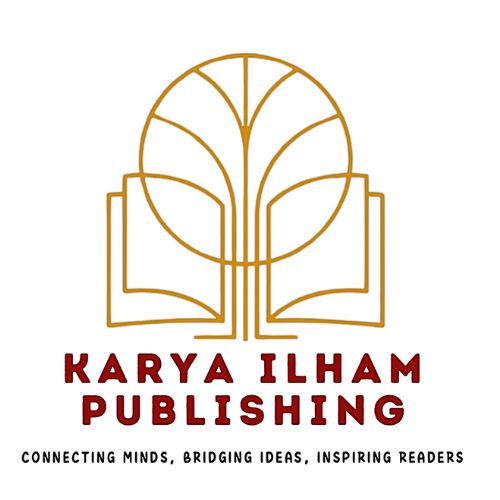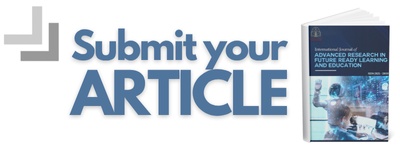Bridging Science and Society: PBL-Based Digital Teaching Materials on Renewable Energy to Enhance Critical Thinking
DOI:
https://doi.org/10.37934/frle.40.1.2842Keywords:
Digital teaching materials, PBL, SSI, critical thinking skills, renewable energyAbstract
The enhancement of critical thinking skills has been extensively documented as effective through the application of the Problem-Based Learning (PBL) model. Furthermore, the integration of Socio-Scientific Issues (SSI) as contextual learning content has demonstrated significant potential in fostering students’ critical and context-aware reasoning. Integrating both approaches into a unified instructional framework offers the potential to optimize the development of students’ critical thinking skills. This leverages the strengths of each approach, creating a more robust and contextually rich learning experience. This study aims to assess the feasibility and practicality of digital teaching materials based on the Problem-Based Learning (PBL) model and Socio-Scientific Issues (SSI) approach in enhancing students’ critical thinking skills on the topic of renewable energy. The research employed a Research and Development (R&D) design utilizing the ADDIE model, which consists of the phases: Analysis, Design, Development, Implementation, and Evaluation. The feasibility of the digital teaching materials was validated by experts, with material experts assigning a validity score of 0.91 and media experts a score of 0.93, both of which fall within the high validity category. The practicality assessment yielded a practicality percentage of 91.28% from teachers and 86.50% from students, both categorized as highly practical. These findings indicate that the PBL–SSI–based digital teaching materials on renewable energy are both feasible and practical for fostering students’ critical thinking skills.














